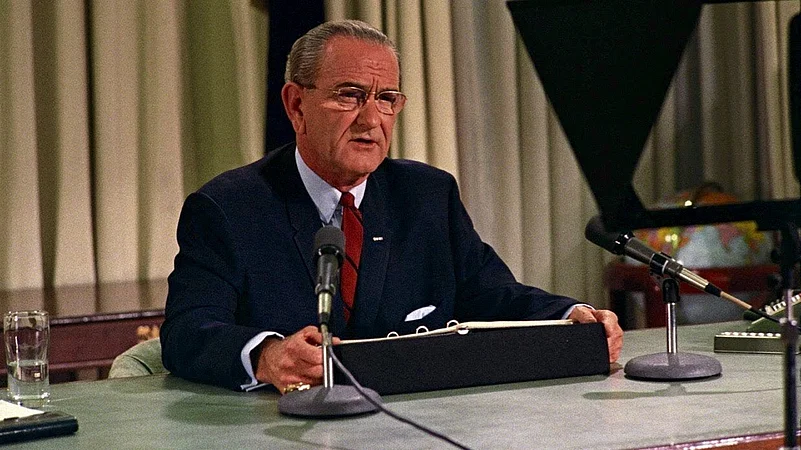President Joe Biden's unexpected decision to withdraw from the 2024 presidential race marks a historic moment in American politics. As the first presumptive party leader in modern American history to bow out this late in the race, Biden's choice has profound implications for the Democratic Party and the upcoming election.
“It has been the greatest honor of my life to serve as your President. And while it has been my intention to seek reelection, I believe it is in the best interest of my party and the country for me to stand down and to focus solely on fulfilling my duties as President for the remainder of my term,” Biden wrote in a letter announcing his decision.
Is President Biden's withdrawal really the first in history?
While it is uncommon for sitting presidents to withdraw from re-election bids, Biden is not entirely without precedent. The last major presidential incumbent to drop out was Lyndon B. Johnson in 1968. Johnson announced his withdrawal approximately 295 days before election night, citing the growing divisiveness within the country and his controversial handling of the Vietnam War. Despite several legislative successes, Johnson's decision was influenced by his plummeting approval ratings and the intense political pressure he faced.
Before Johnson, President Harry S. Truman exited the 1952 race about 297 days before the election. Truman also faced significant political challenges and low approval ratings, leading to his decision to step aside. President Calvin Coolidge, who assumed the presidency after Warren Harding's death in 1923, chose not to run for a second full term and withdrew about 580 days before the election in 1928.
What sets Biden's decision apart is the timing. His withdrawal comes just weeks before he would have been officially crowned the Democratic nominee, an unprecedented move in modern American history. Unlike his predecessors, Biden faced serious concerns about his cognitive abilities and overall fitness to continue in office, intensifying the calls for him to step aside.
Lyndon B. Johnson’s 1968 withdrawal

Lyndon B. Johnson’s decision on March 31, 1968, shocked the United States. Johnson, who had taken office following the assassination of President John F. Kennedy in 1963, was the party frontrunner before he opted to step down roughly seven months before the general election. His announcement came amid a tumultuous period marked by widespread civil rights protests, the escalating Vietnam War, and the assassination of civil rights leader Martin Luther King Jr.
The 1968 race ultimately became a three-way contest between Robert F. Kennedy, Vice President Hubert Humphrey, and Senator Eugene McCarthy. Following Kennedy’s assassination in June of that year, Humphrey secured the Democratic nomination, but the deeply divided party struggled against Republican Richard Nixon, who ultimately won the election.
Impact of withdrawals on political landscape
Johnson’s withdrawal significantly impacted the Democratic Party, leading to a fractious convention and contributing to Nixon’s victory. Similarly, Harry Truman’s exit in 1952 opened the path for Adlai Stevenson to become the Democratic nominee, though he lost to Republican Dwight D. Eisenhower.
With Biden’s withdrawal and endorsement of Vice President Kamala Harris as his preferred successor, the Democratic Party now faces the urgent task of rallying behind a new candidate. The upcoming Democratic National Convention will be crucial in determining the party’s strategy moving forward.

Other one-term Presidents
Other one-term presidents who chose not to seek reelection include Rutherford B. Hayes, James Buchanan, and James Polk. Each faced unique political landscapes and personal decisions that led them to step aside after one term. Calvin Coolidge and Harry Truman, both initially vice presidents who ascended to the presidency, also decided against pursuing additional terms under challenging political circumstances.








.webp?auto=format%2Ccompress&fit=max&format=webp&w=768&dpr=1.0)





















